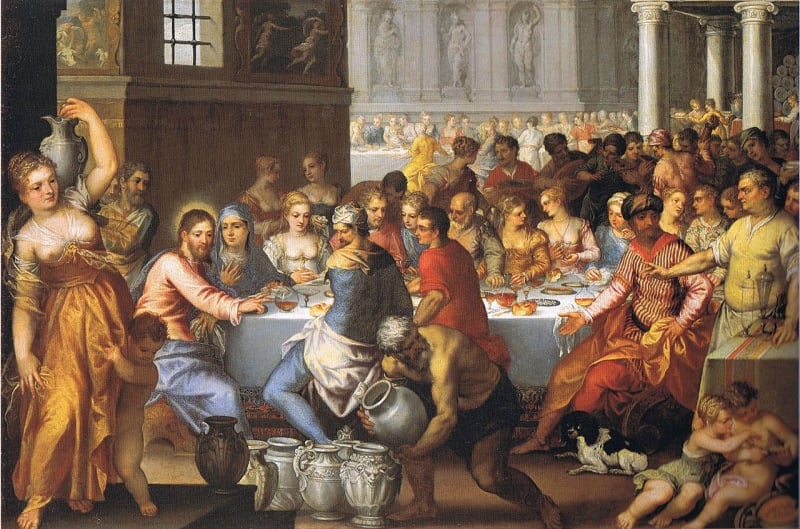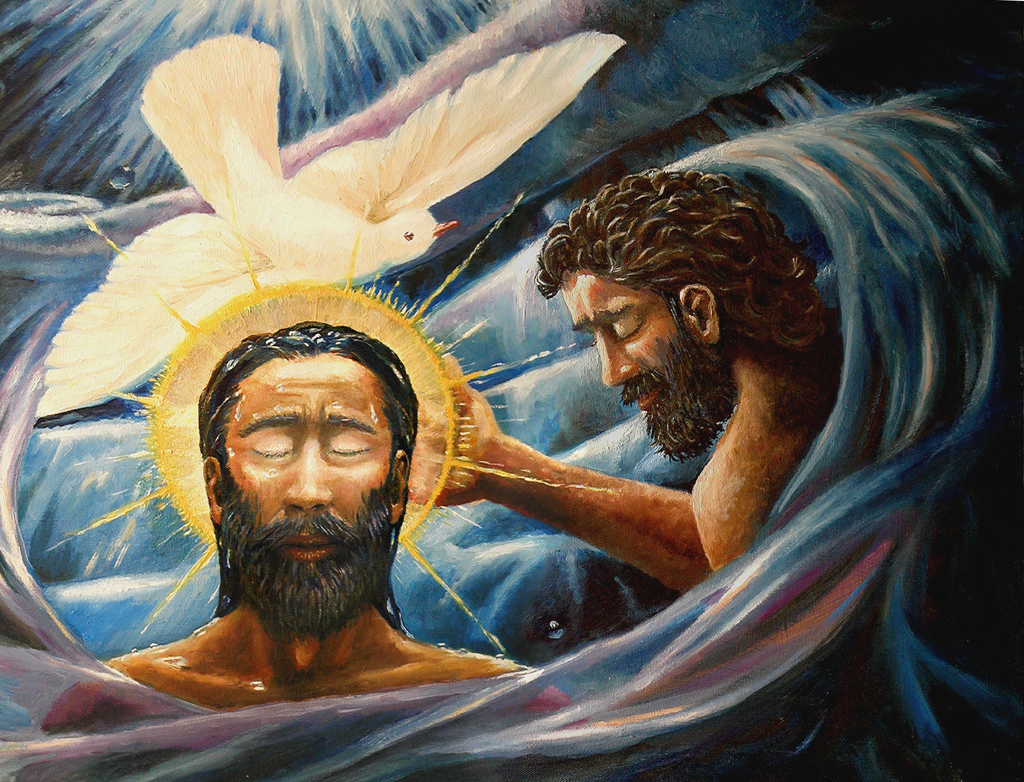VII SUNDAY IN ORDINARY TIME - Luke 6:27-38
Saul and David were quite different in their character and their approach to life. Being a king, Saul would like to be recognised as the best in everything. All the others should live in the shadow of his glory and no one else should try to excel in his presence. When the young David offered himself to go alone against Goliath (1 Sam 17), using an easy and clever way to defeat him, the crowds rejoiced and sang his praises. Saul, instead of rejoicing with the achievement of the young man, was filled with resentment and, in a moment of rage, he tried to murder David. Filled with jealousy, Saul could not find peace and started living in a semi-permanent state of depression. David had to run for his life, being able to find companions, organising with them a small army to protect themselves and he became the enemy which Saul went after with his army. However, as a former shepherd, David knew well the mountains of Judah and was able to escape. It was in this seek and hide, that an extraordinary event took place, which reveals David’s character. Saul decided to set camp with his army and overconfident in his power, neglected his own security, making it possible for David to approach him. His deputy Abishai wanted there and then to strike down Saul, but David would not allow it. David had put all his confidence in the Lord and preferred to leave his vengeance in the hands of the Lord. Revenge leads to violence and destroys the pursuit of justice. Forgiveness is the only way to reconciliation, not only at the personal level but also between communities and even between states. Saul allowed himself to become a violent man, which led to his self-destruction.
In this Sunday’s Gospel, Jesus speaks of a love so strong that gives us the strength and the wisdom to love the enemies. Such love becomes possible only if we learn from God and allow ourselves to be guided by his Spirit. The story of the relationship between Saul and David is a very good introduction to Jesus’ speech on a forgiving love.
In the book of Leviticus, God proposes to his people an ideal which is a rule of life: "Be holy, for I, the Lord your God, am holy" (Lev 19: 2). In the Gospel of Matthew, Jesus actualizes this ideal by telling the disciples. "Be perfect as your heavenly Father is perfect" (Mt 5:48). And in the Gospel of Luke, Jesus becomes even more concrete, stating the implications of this ideal: "Be merciful, as your Father is merciful." This means that it is impossible to be holy or to reach perfection without being merciful. And being merciful means being willing to forgive and reconcile with the enemy. Jesus gives concrete indications of how to be merciful: Judge not! Do not condemn! Forgive! If we call ourselves and are children of God, we must be like Him, He "who is good even to the unthankful and the wicked." It is as if Jesus left us an impossible task, but we can find everywhere people who bear witness that forgiveness and reconciliation are the only way to peace. And there are politicians who have understood that.
Let us not forget: "the amount you measure out is the amount you will be given back.”






